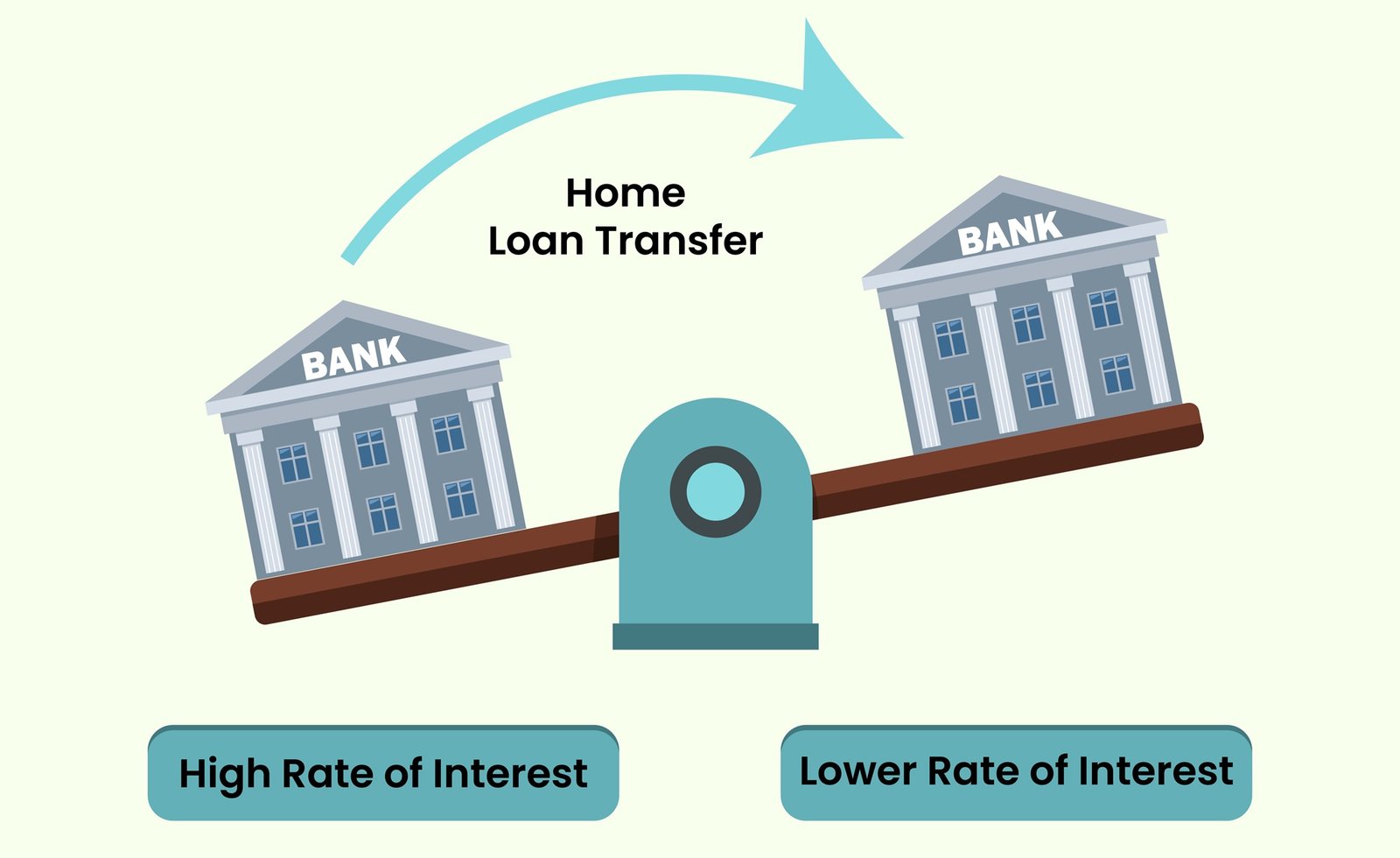If you’re considering moving, downsizing, or helping someone else take over your home, you might be wondering: “Can a house mortgage be transferred?” The short answer is — sometimes, yes , but not all mortgages are transferable.
In this post, we’ll explain:
- Which types of mortgages can be transferred
- How mortgage assumption works
- What lenders require for approval
Let’s dive in.
Can You Transfer a Mortgage to Another Person?
Transferring a mortgage means legally shifting both ownership of the property and responsibility for the loan payments to another person.
While most conventional mortgages include a due-on-sale clause that prevents transfers without lender approval, some specific types of loans can be assumed by a qualified buyer.

Types of Mortgages That Can Be Transferred
1. FHA Loans
- FHA loans are assumable , meaning a new buyer can take over the existing mortgage if they qualify.
- The assumptor must meet credit and income requirements set by HUD.
2. VA Loans
- VA loans are also assumable , but the original borrower may remain liable unless the VA and lender release them from the loan.
3. USDA Loans
- These are generally assumable with lender approval and underwriting review.
4. Conventional Loans
- Most conventional mortgages contain a due-on-sale clause , which requires full repayment if the property is sold or transferred.
How Mortgage Assumption Works
Here’s a step-by-step overview of what happens when transferring a mortgage:
- Buyer Applies to Assume the Loan
The new borrower submits an application and financial documents to the lender. - Lender Reviews Credit and Income
Just like a new mortgage, the lender checks the buyer’s credit score, debt-to-income ratio, and employment history. - Loan Is Approved or Denied
If approved, the buyer takes over the mortgage, and the seller is released from liability (in some cases). - Property Ownership Changes Hands
A new deed is recorded, and the buyer becomes the legal owner of the home.
Benefits of Mortgage Transfer
- Lower Closing Costs : No need for a new loan, so fewer fees.
- Favorable Interest Rates : The assumptor keeps the original loan’s rate, which could be lower than current market rates.
- Faster Closing Process : Since the mortgage already exists, the process can move more quickly.
Risks and Considerations
- Lender Approval Required : Even if a mortgage is assumable, the lender must approve the new borrower.
- Original Borrower May Remain Liable : Unless formally released, you may still be responsible for the loan.
- Not All Buyers Qualify : The new borrower must meet strict financial criteria.
Final Thoughts
Yes, a house mortgage can be transferred — but only under certain conditions and with lender approval. If you’re selling your home and want to explore mortgage assumption as an option, check whether your loan is FHA, VA, USDA, or conventional , and consult with your lender early in the process.
For buyers, assuming a mortgage can be a smart way to secure a lower interest rate and save on closing costs — provided they qualify.
Frequently Asked Questions (FAQs)
Q1: Can I transfer my mortgage to someone else?
Yes, but only if your loan is assumable (like FHA, VA, or USDA). Conventional loans typically cannot be transferred without full repayment.
Q2: Does mortgage assumption require a credit check?
Yes, the new borrower must qualify financially, just like with a traditional mortgage.
Q3: Who is responsible after a mortgage transfer?
The new borrower becomes responsible once the lender approves the assumption and releases the original borrower (if applicable).
Join The Discussion